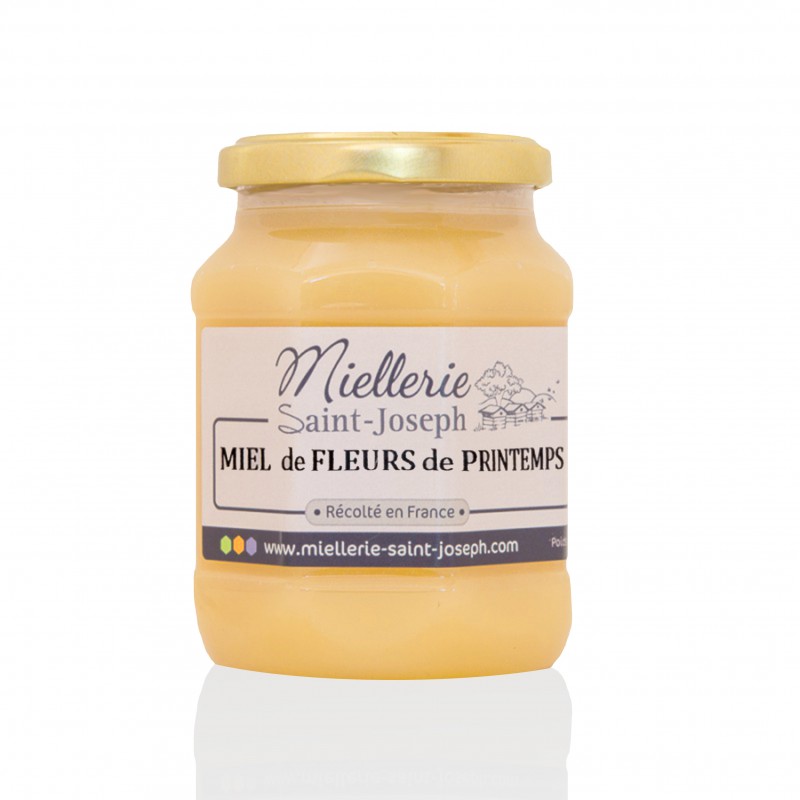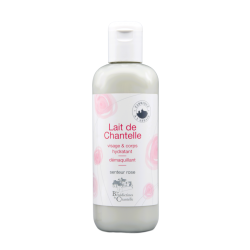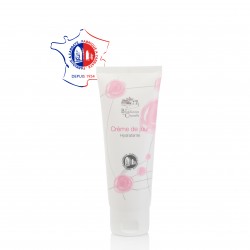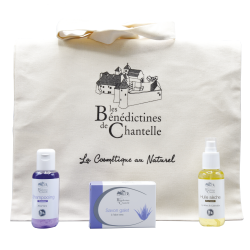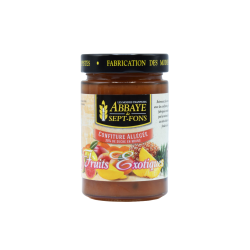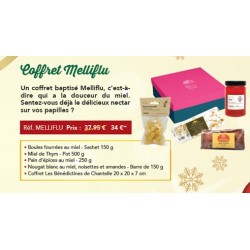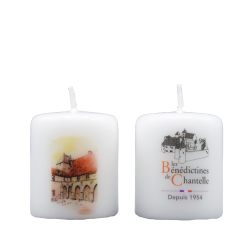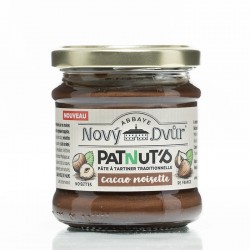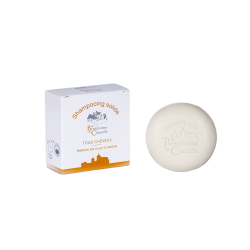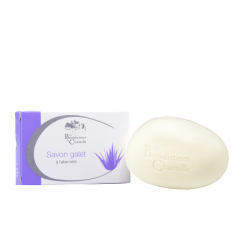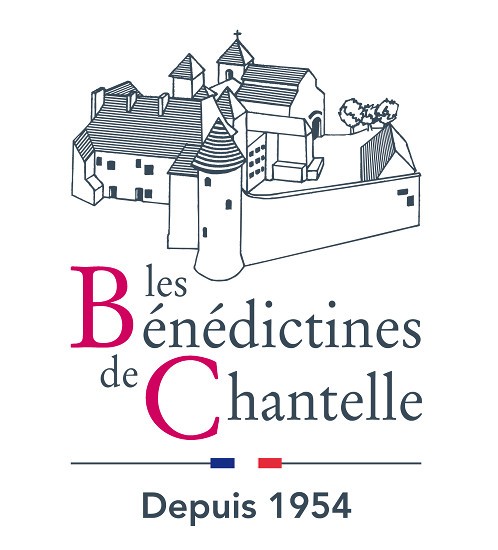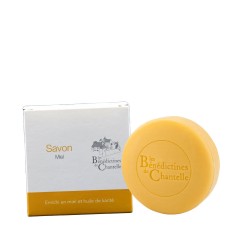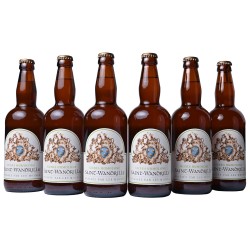Spring honey
Supplier: Miellerie Saint Joseph
Ingredients: 100% honey - very finely crystallized
Net Weight: 500g
Made in France
Who is the Miellerie Saint Joseph?
A transhumance beekeeping:
We lead around 500 beehives in pastoral beekeeping (transhumance). We are located in the north of Drôme, the small region called Drôme des Collines, hence the name of Miellerie des Collines, between Romans and Tain-l'Hermitage, a privileged region for beekeeping since it allows us to shine on:
the mountains of Ardèche and Haute Loire (Vivarais plateaus) or those of Vercors
fir honeys, mountain meadows, lime blossom, raspberry, ...
Provencal Drôme
lavender and lavandin honeys, forest-metcalfa honey, ...
the South Ardèche, the Cévennes and the Languedoc
thyme honeys, rosemary, heather
the plains of Drôme
spring honeys (fruit trees: apricot, peach, cherry, etc.), all-flower honey (sunflower)
Ardèche and Drôme forests
acacia, chestnut, bramble honey (some years)
Apiary in the mountains.
How do we produce?
Our work has always been guided by the concern to preserve honey in order to keep intact its qualities and therefore its properties. Our production methods call for a whole set of precautions: unheated honey, no chemical repellents, no sugar feeding during the production period, foraging in wild areas, etc ... to which we still add other essential elements of quality: honey production facilities in line with European standards and in particular the exclusive use of stainless steel for all our ripeners, no harvest in the body of the hives, no imports (and therefore no citrus, eucalyptus, honey acacia from Hungary, etc. ... in our prices), a real traceability policy which allows any batch to be traced back to the production apiary, if necessary, ...
Work on beehives.
What is our organization?
Over the years, we have organized ourselves in order to respond better and better to the expectations of our customers, and in particular to limit the problem of stock-outs so frequent in our profession. We have surrounded ourselves with a network of friendly beekeepers, chosen for the quality of their work in line with ours, from whom we can obtain supplies when the harvest is in deficit. The fact remains that breakages can occur, because we will never use replacement honeys of doubtful origin and quality. This explains the "exhausted" button that you sometimes find on certain references!
On the technical level, we have quite expensive equipment but which allows us to process the honey in the best conditions. For example, some honeys are subject to defective crystallizations: very hard honeys, white marbling, very large grains, etc. which have no consequences in terms of properties, but are detrimental from a commercial and visual point of view. Our facilities allow us in these cases to obtain honeys with fine crystallization, even unctuous, without damaging or heating them.
Other honeys, of course, are naturally presented in a liquid state (acacia, fir, etc.)
On a human level: our small team:
On a human level, we have four employees (some part-time): Leïla, who prepares your orders and carries out small packaging; Audrey, who takes care of the potting, honey extraction and reception, Moïna, who prepares propolis-based products in particular, and finally Antonin, who works in the apiaries with Bruno. But in a small company like ours, everyone is versatile, and it is as a team that we work, for example, on the royal jelly production workshop.
We also regularly welcome a few interns. For several years, we had established a partnership agreement with the CAT (Center d'Aide par le Travail, now called ESAT) of Saint-Donat-sur-l'Herbasse, the neighboring village.
